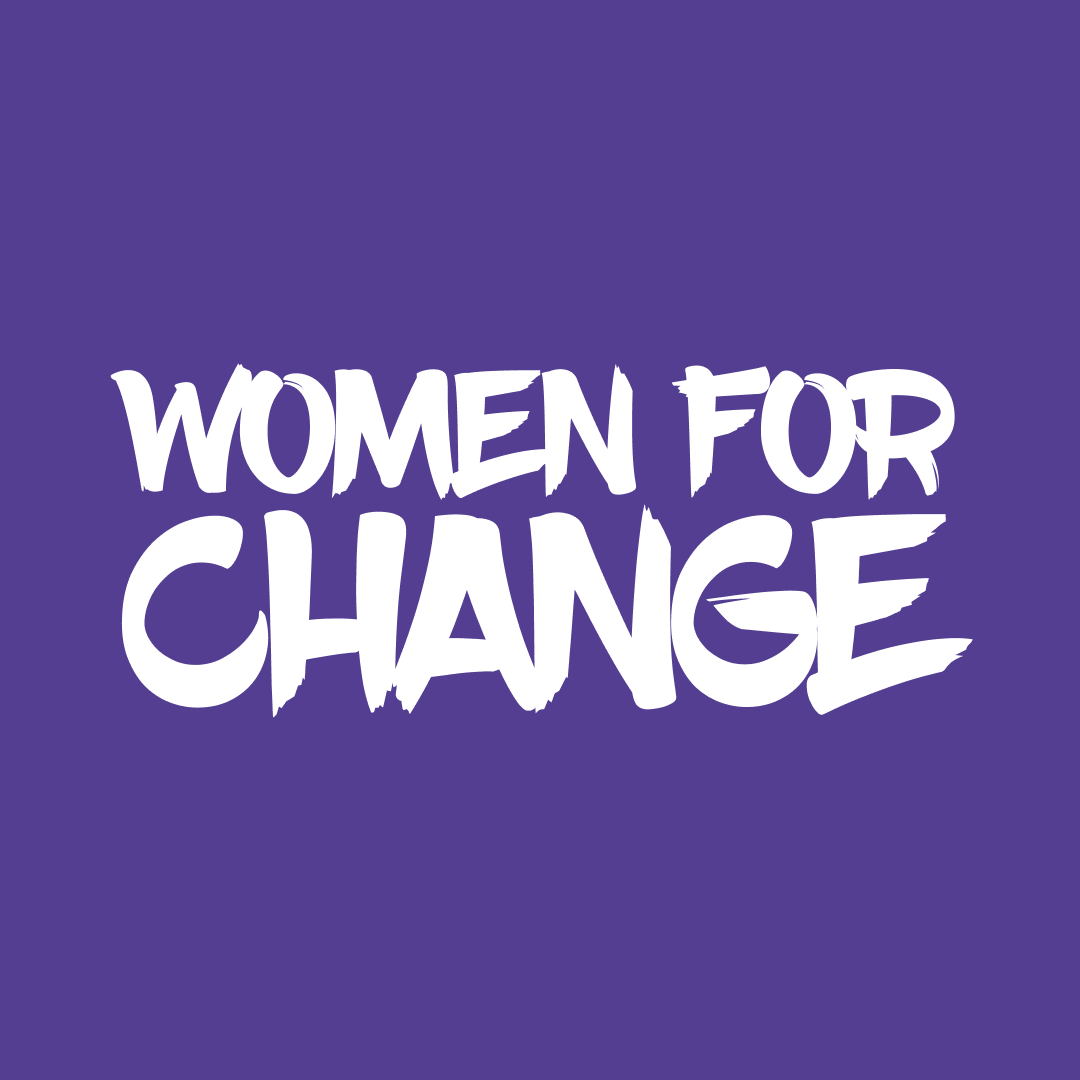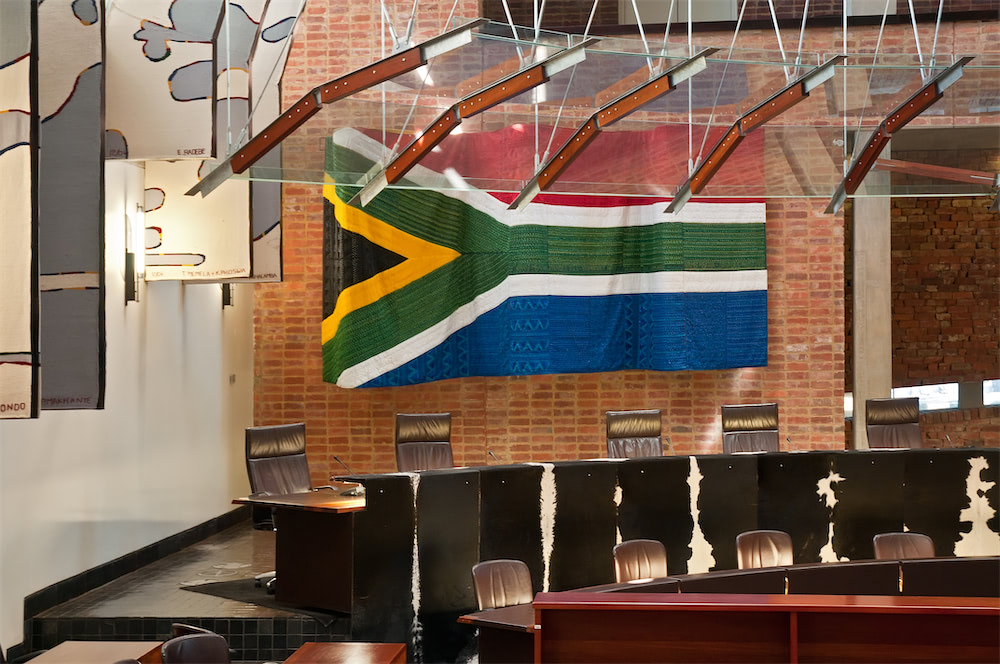

Diplomacy Meets Defiance: G20 2025 and the Women for Change Shutdown
The G20 Summit 2025
We have been anticipating the G20 Summit for a while now. And now we only have a few days to go until leaders from around the world gather in Johannesburg to discuss the globe’s economic and financial issues.
The nervous tension – for more reasons than one – is palpable in the air as South Africa readies itself for global leaders and their entourages. But with The United States effectively boycotting this year’s G20 (along with Argentine President Javier Milei’s announced boycott in support of Donald Trump) who knows how this G20 will fly.
The United States President Donald Trump is in what the Daily Maverick calls a “snit” over the South African government’s alleged domestic policies, as well as Trump’s objections to the official objectives of this year’s meeting. In addition, only a lower-level representative from Russia will attend (not Putin himself), but with the second-highest Chinese leader, although not Xi Jinping. While the middle powers at the meeting may hope they will share the collective heft and will to guide the proceedings, the meeting will represent a win for China.
It's anyone’s guess on how truly effective this year’s G20 will be.
A Brief Outline of what the G20 is
The Global Twenty or G20 is an international forum of both developing and developed countries comprising of Argentina, Australia, Brazil, Canada, China, France, Germany, India, Indonesia, Italy, Japan, Republic of Korea, Mexico, Russia, Saudi Arabia, South Africa, Türkiye, United Kingdom, and United States and two regional bodies, namely the European Union and the African Union.
The G20 members include the world’s major economies, representing 85% of global Gross Domestic Product, over 75% of international trade, and about two-thirds of the world population.
The G20 does not have a permanent secretariat or staff. Instead, the G20 Presidency rotates annually among the members. The G20 Presidency is responsible for bringing together the G20 agenda in consultation with other members and in response to developments in the global economy.
The 19 member countries are therefore divided up into five groups comprising a maximum of four countries each. Most of the groups are formed on a regional basis, which are countries from the same region are usually put in the same group. Only Group 1 (Australia, Canada, Saudi Arabia, and the United States) and Group 2 (India, Russia, South Africa, and Türkiye) do not follow this pattern. Group 3 includes Argentina, Brazil, and Mexico; Group 4 includes France, Germany, Italy, and United Kingdom; and Group 5 includes China, Indonesia, Japan, and Republic of Korea. The EU and the AU are not members of any of these regional groups.
Each year another country from a different group assumes the G20 Presidency. The countries in a group are each equally entitled to take on the Presidency when it is their group’s turn. The G20 Presidency is responsible for bringing together the G20 agenda in consultation with other members and in response to developments in the global economy. To ensure continuity, the Presidency is supported by a “troika” made up of the current, immediate past and next host countries. During South Africa’s Presidency, the members of the G20 troika are Brazil, South Africa, and the United States.
And for the most part, that seems pretty straight forward. Above board and as if things will run as smoothly as they should.
Only this G20 is somewhat different to other G20 Summits for two very specific reasons –
The US is Effectively Boycotting the Summit
We are all aware that there is no love lost between The United States and South Africa. In fact, it was broadcast for all the world to see when our President visited Washington in May this year. But why is Trump boycotting the G20 Summit?
Trump is boycotting the G20 Summit, primarily due to widely debunked claims of persecution and "genocide" against the white Afrikaner minority in South Africa. In fact, according to PBS News –
“Trump announced Friday on social media that no U.S. government official will attend the Nov. 22-23 summit in Johannesburg “as long as these Human Rights abuses continue.” South Africa’s Black-led government has been a regular target for Trump since he returned to office.
In February, Trump issued an executive order stopping U.S. financial assistance to South Africa, citing its treatment of the Afrikaner white minority. His administration has also prioritized Afrikaners for refugee status in the U.S. and says they will be given most of the 7,500 places available this fiscal year.”
But there are other reasons for the boycott and increased diplomatic tensions, which include -
1. South Africa's foreign policy stances - the Trump administration has criticised South Africa's decision to bring a case against Israel at the International Court of Justice (ICJ), accusing Israel of genocide in the war in Gaza.
2. Disagreement on G20 agenda items - U.S. Secretary of State Marco Rubio previously boycotted a G20 foreign ministers' meeting in February 2025, deriding South Africa's focus on issues like diversity, inclusion, climate change, and global inequality as "anti-Americanism".
3. Domestic South African policies - the U.S. has also taken issue with South Africa's land reform policies aimed at addressing historical inequalities from the apartheid era, which Trump has characterised as illegal land confiscation.
What makes this situation even more tense is the fact that Trump has announced that the US would oppose anything beyond a “Chair’s Statement”.
A Chair's Statement (or Chair's Summary) in the context of the G20 Summit is a document prepared and issued by the host country or chairperson of a specific meeting when the member countries cannot reach a consensus for a formal, joint Leaders' Declaration or Communiqué.
The statement provides a concise overview of the discussions, key takeaways, and the wide range of views presented during the meetings of G20 ministers, working groups, or the main summit itself. It highlights major themes and issues raised during the gathering.
A formal Leaders' Declaration encapsulates the collective views, commitments, and agreements reached by all G20 leaders and carries significant political weight as a set of voluntary commitments. A Chair's Statement is issued when a full consensus among all members cannot be achieved, often due to disagreements on specific geopolitical or economic issues.
Like with other G20 outcome documents, the Chair's Statement is not legally binding international law. However, it still offers valuable insights into the discussions and the consensus-building process and reflects the host country's efforts to move the agenda forward.
With the United States’s stance, this 20th summit will be the first instance of a G20 Leaders' Summit issuing a chair's statement instead of a joint declaration. Historically, G20 ministerial meetings have occasionally ended with a chair's statement when a full consensus for a joint communiqué could not be reached, often due to geopolitical disagreements such as language regarding ongoing conflicts. However, all previous G20 Leaders' Summits (from 2008 to 2024) have successfully produced a joint Leaders' Declaration, including the 2023 New Delhi Declaration and the 2024 Rio de Janeiro Declaration.
The Daily Maverick reported the following on the United States stance -
“The United States has sent a clarifying note regarding its participation in the South Africa Summit. The essence of the message is that Washington will oppose the issuance of any G20 deliverable beyond a Chair’s Statement.”
And the United States is not the only problem.
Women for Change Shutdown 21 November 2025
On Friday 21 November 2025 – the day before the start of the G20 Summit - the non-profit organisation, Women for Change has requested all women and members of the LGBTQI+ community across South Africa to refrain from all paid and unpaid work in workplaces, universities, and homes, and to spend no money for the entire day to demonstrate the economic and social impact of their absence.
Because until South Africa stops burying a woman every 2.5 hours, the G20 cannot speak of growth and progress.
Women for Change demand that Gender-Based Violence (GBV) and Femicide be declared a National Disaster. Not tomorrow. Not at another summit. Now.
There is no march. It is not a rally – it is a shutdown. A collective refusal to keep the country running while women are dying. Instead of marching, Women for Change are calling for nationwide symbolic actions, including a 15-Miutes Silent Standstill at 12pm – 15 minutes representing the fifteen women that are killed in South Africa every day.
But why before the G20 Summit? Is this a political stance?
According to the Women for Change website –
“Because on 22 – 23 November 2025, the world’s most powerful leaders – presidents, prime ministers, finance ministers, global institutions, and corporate decision-makers – will gather in Johannesburg for the G20 Summit to discuss economic growth, global development, investment, and the future of nations.
And yet, in the very same country hosting these conversations, a woman is murdered every 2.5 hours.
Women and members of the LGBTQI+ community are being raped, abused, and killed at rates higher than almost anywhere else in the world – and this violence is not treated as a global or national emergency.
We refuse to allow South Africa to present itself as a “stable, growing economy” while women’s bodies are the battlefield beneath it. The G20 Women’s Shutdown is a direct message to the world that you cannot speak of progress while women are dying.
By shutting the country down the day before the G20, we force international and local leaders to confront the truth: South Africa does not have a “crime problem” – it has a war against its women and children, and it has been ignored long enough.
This is not political. This is not about parties, elections, summits, or power.
This is about women being raped and murdered every single day in a country that still refuses to treat it as a national disaster.”
If one wonders whether this is a movement worth supporting, perhaps some statistics will be convincing –
Every day in South Africa, at least fifteen women are murdered, and 117 women report rape cases to the police.
According to SAPS Crime Statistics from April 2023 to March 2024:
- 5,578 women and 1,656 children were killed, with femicide rising by a shocking 33.8% compared to the previous year.
- 42,569 rape cases were reported, yet it is estimated that 95% of rape cases go unreported.
This staggering 33.8% increase in femicide within a single year has been met with silence, and there has been no urgent action and no accountability from the government. How many more women, children and vulnerable people should be killed or raped before this crisis is treated with the urgency it demands?
How can you participate?
· Wear black on 21 November.
· Don’t work. No paid or unpaid labour.
· Don’t spend money and withdraw from the economy for one day.
· Lie down wherever you are (home, office floor, garden, school field, mall, park, etc.)
· Join one of their national meeting points, organise a small peaceful gathering, or take part alone – at home, at work, at school, or even at the mall. Every location counts.
· Change your profile picture to purple to make the Shutdown visible online. Click here to download the purple background.
· Find Women for Change’s 15 meeting points across South Africa – click here to view them and join the WhatsApp Group.
· Women for Change are planning to livestream the names of women being remembered during the 15 minutes.
Team members of NVDB Attorneys will be joining the lie-down’s at locations around South Africa.
How this G20 Summit will turn out is – as we said – anyone’s guess. But it certainly will be something to keep a close eye on over the next few days. Especially after its conclusion.
We have taken the utmost care to ensure that the above information is correct, but we urge you to consult with a suitably qualified legal practitioner who will be able to answer any questions you may have on the G20 Summit or any other issues relating to Gender Based Violence that you may have. In this regard, we would be more than happy to support you. Please feel free to contact us to see how we can best assist.
We are a law firm that considers honesty to be core to our business. We are a law firm that will provide you with clear advice and smart strategies - always keeping your best interests at heart!
(Sources used and to whom we give thanks – G20 South Africa; Forbes Africa; Women for Change; EWN; The Daily Maverick here and here; Modern Diplomacy and PBS News).




